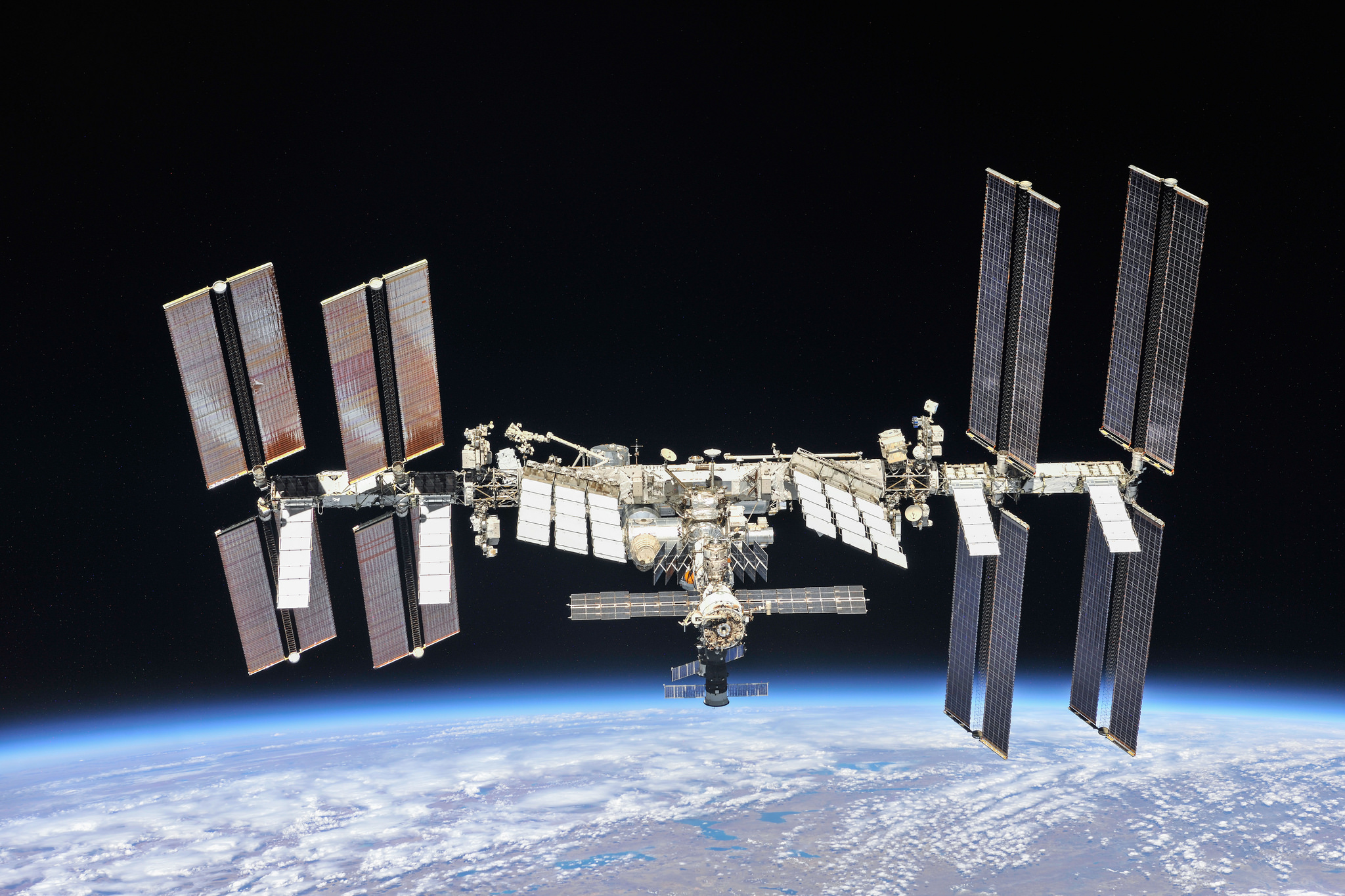
MicroAge, an experiment, can now help people live longer and healthier lives. Human cells will be launched into space as part of the experiment. This will assist in inferring what happens to human cells and why. The research will be at the International Space Station on a SpaceX Falcon 9 rocket from Florida’s Kennedy Space Center.
The cells have been positioned in small 3D holders, and once in space, they will be electrically stimulated to cause muscle contractions. Scientists will be able to assess the cells more approximately as a result of this. These cells will be studied by researchers from the University of Liverpool. They will get support from the UK Space Agency. The UK Space Agency has provided £1.2 million. Professor Malcolm Jackson, from the University of Liverpool while speaking to Sky News said, “We have known for a long time that astronauts in space can lose muscle rapidly. People have speculated whether that is an accelerated ageing phenomenon.”
Researchers from the University of Liverpool will analyse the cells
“We realized a little while ago that astronauts on the space station had an analogous problem, each astronaut that is on the space station exercises at least 2.5 hours each day and despite that, they lose quite a significant amount of muscle and in fact can’t walk for a while after they get back on earth.” When the samples return to Earth in January 2022, researchers from the University of Liverpool will analyze them and compare them to results from previous experiments on Earth. Human muscles lose mass and strength as people age. Which can undermine a person’s ability to perform daily tasks. Resulting in a variety of issues such as an increased risk of falling and a longer recovery time from injuries. The 24 muscle cell containers will carry mission patches designed by children as part of the mission, as part of a competition run by the University of Liverpool.
